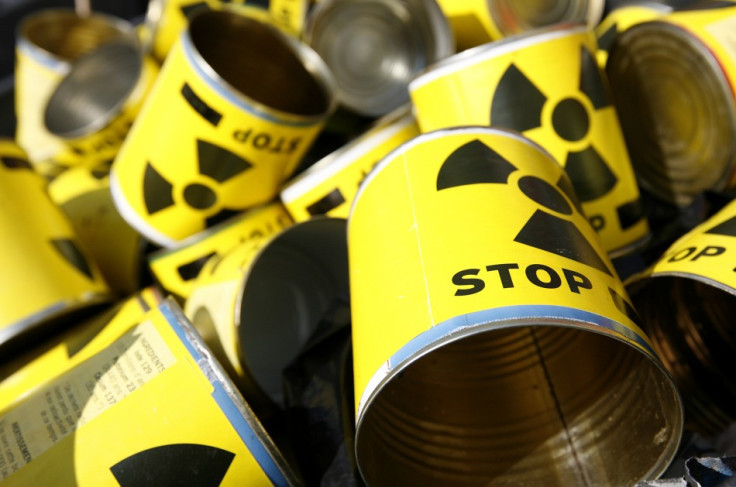Fukushima Fall-out: Tepco's Stock Slumps After Toxic Leak Disclosure

Tokyo Electric Power (Tepco), the operator of the crippled Fukushima Daiichi nuclear plant, has confessed that radioactive groundwater from the power plant has leaked into the sea.
Tepco's stock price finished 6.69% lower at 656 yen (£4.2, €4.9) on Tuesday in Tokyo, a day after the firm acknowledged the leak.
The benchmark Nikkei index gained 0.82% after touching a six-week high in morning trade.
Water sample tests revealed that the environmental impact of the leakage has been restricted by silt fences erected near the devastated nuclear reactors, Tepco said.
The utility firm is already injecting the chemical sodium silicate into part of the seawall that separates the ocean from the plant site, to prevent groundwater from seeping through. It now plans to solidify a larger part of the seawall with the chemical, Reuters reported.
Tepco made the announcement on 22 July, a day after Japanese Prime Minister Shinzo Abe's pro-nuclear Liberal Democratic Party claimed victory in elections for the country's Upper House of parliament.
"We would like to offer our deep apology for causing grave worries for many people, especially for people in Fukushima," Masayuki Ono, Tepco's general manager, said at a news conference broadcast on public television.
Earlier Japan's Nuclear Regulation Authority, created after the March 2011 earthquake and tsunami wrecked the Fukushima plant, said it "strongly suspected" a groundwater leak. However, Tepco had previously failed to confirm the leak more than two years after the nuclear accident.
Tepco this month admitted that levels of radiation in groundwater had soared, suggesting highly toxic substances from the plant were getting closer to the Pacific Ocean.
Earlier reports estimated eight million tons of debris were carried by the waves to US coasts; most sank before it reached American shores. In addition, some one million tons are thought to have been spread across 3,000 miles of the Pacific.
The March 2011 earthquake and tsunami knocked out cooling systems at the Fukushima Daiichi nuclear power plant, triggering fuel meltdowns that led to a radiation leakage. It remains the worst nuclear accident since Chernobyl in 1986.
© Copyright IBTimes 2025. All rights reserved.






















